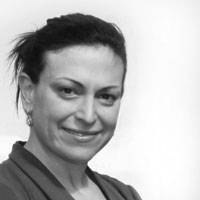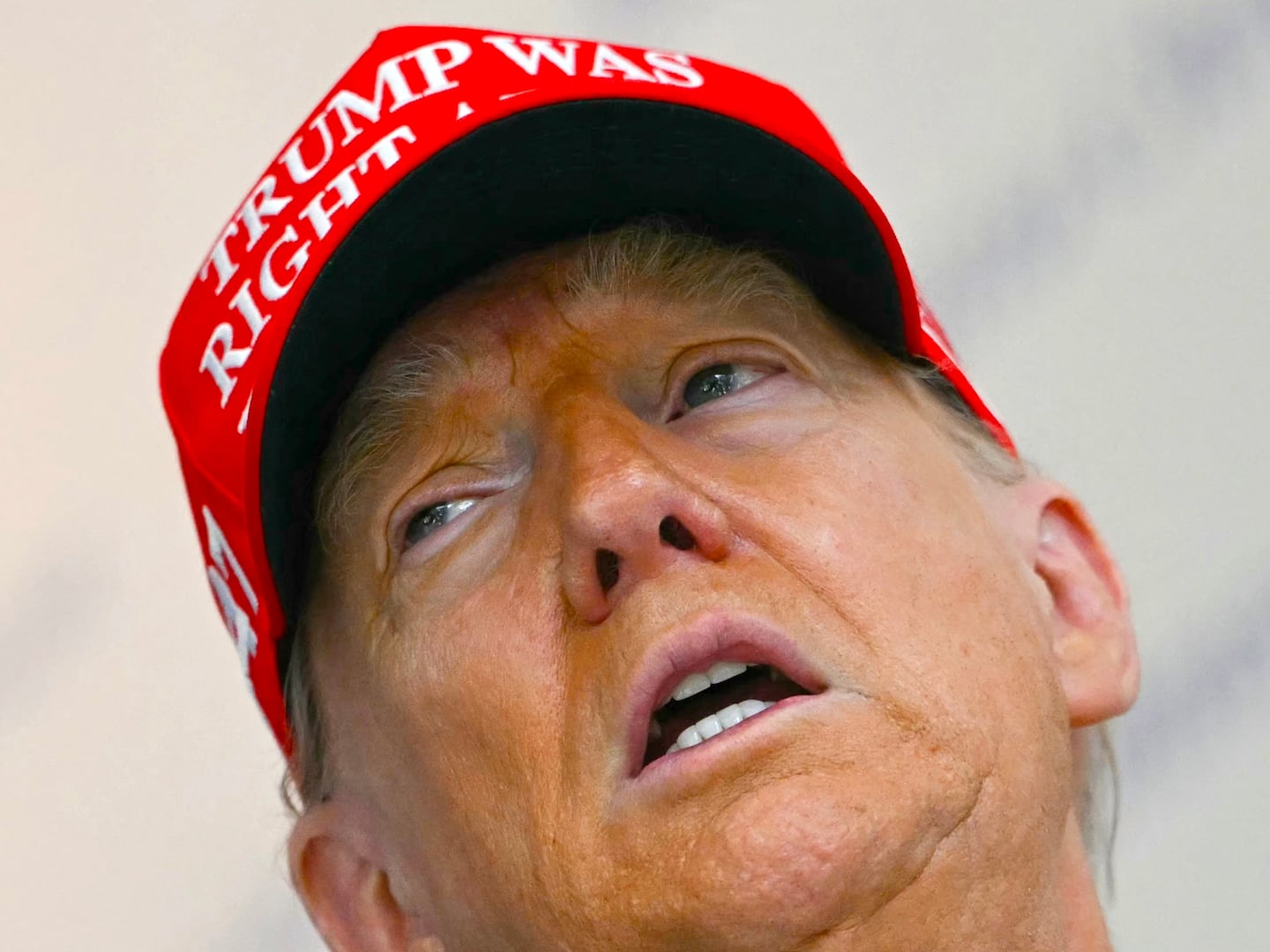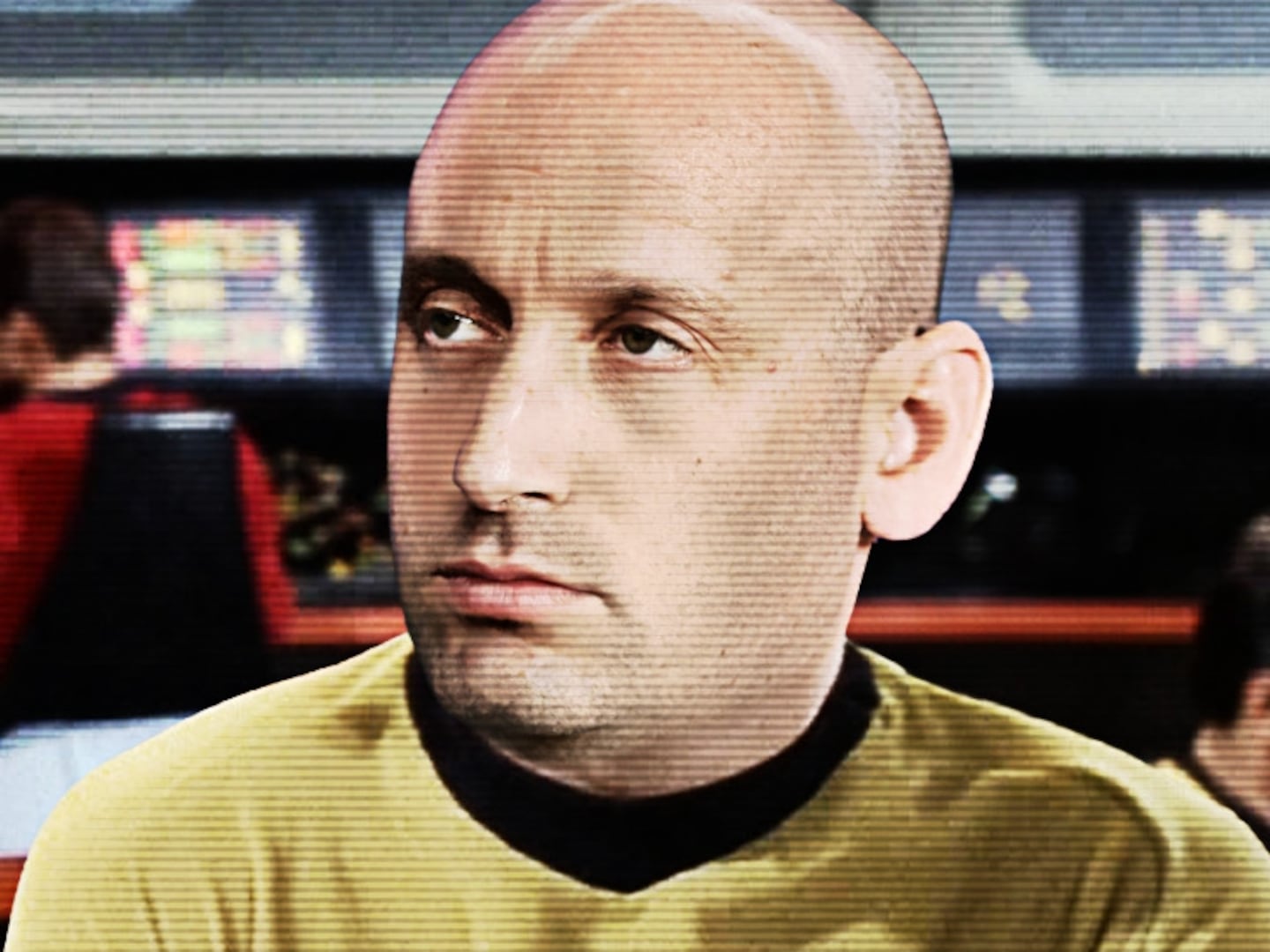It is a peculiarity of my social media feeds that once every season or so, I will read an article by a parent of a child with disabilities listing all the things you should not say to the parent of a child with disabilities. Fellow parents of children with disabilities, I beg you: let’s stop writing these!
I am most emphatically not saying that people who actually have disabilities shouldn’t write about their experiences and preferences. While I dearly love someone with a disability and while I am strongly interested in issues that affect the disability community, I am non-disabled, and I do not presume to speak for anyone who is.
Nor am I at all quibbling with guides that can inform non-disabled people what constitutes ableist language and behavior. These are enormously important (here’s an excellent one).
No, I’m talking to specifically to other parents of kids with disabilities.
Here’s what I worry about when I read another of these please-never-say-this-to-me articles: that people will clam up more than they already do.
When I’m out and about with my typically-developing children, people might smile at them, or not notice them at all. When I have my kid with disabilities with me, something different happens. A good 90 percent of people catch sight of him and immediately scan their eyes to a point just above and beyond his head, I don’t notice anything, I didn’t see anything, LA-LA-LA, there’s no kid who is different here!
Which would totally have been my reaction before I had my kid. I would be so afraid of saying the wrong thing that I would say nothing at all. I would pretend I had seen nothing rather than have someone think I was staring.
When my husband was seventeen, his father died. My husband tells me that he has no recollection of what anyone actually said to him the day of the wake, but he knows exactly who showed up and who did not. Showing up and saying the wrong thing is, I think, better than saying nothing at all.
This recent blog post in the New York Times written by a mother of a child with disabilities is more or less typical of the please-never-say-this-to-me genre, although less rigid and insistent than many. The author lists a bunch of interactions that upset her: people mistakenly think her child has autism; people mention that they know someone who has autism; someone asked her what her son’s diagnosis was. Finally, someone behaved correctly by the author’s lights—she spoke directly to her son and made no reference to his disability at all.
I always appreciate it when people speak directly to my son. Always.
But I do not particularly appreciate it when no reference at all is made to his disability—at least when someone is clearly curious about it, and just afraid to ask. This may be because my son clearly has more intensive disabilities than the author’s. But I welcome people who ask me what my son’s diagnosis is. Then it is not an elephant in the room.
As for misdiagnoses, a month doesn’t go by that someone doesn’t assume that my son has a disability that he really doesn’t: autism, cerebral palsy, Down syndrome. (He has cri du chat syndrome, a rare genetic disorder.) What bothers the Times author doesn’t particularly bother me. If the situation warrants, I might give a brief explanation. Or I might not.
Clearly, all of us do not agree. Some of us want no mention made of our child’s disability. Some of us are fine mentioning it. Some of us see curiosity as intrusive. Others welcome at least some curiosity.
What is really painful, though, is how many times other parents avoid me. I know it is simply because they do not know what to say to me. I know they’ll be happy to talk if I initiate conversations and ease their social burden. But it’s tiring and lonesome being the odd parent out at children’s birthday parties with people literally pretending not to see you and your child. I don’t want to always have to put people at their ease.
I think please-never-say-this-to-me articles and posts contribute to the problem. People read them and become even more afraid of saying the wrong thing. So they say nothing. Our isolation continues. I want people to talk to us, even if they risk saying the wrong thing.
Once, a man came to fix our dishwasher. He paused in the hallway, looking into our living room at my son, then four years old, who was commando-crawling to get his toys and stopping every so often to rock or tap his head. I noticed that his eyes did not immediately flick upward as if he had seen nothing.
“What’s wrong with your kid?” he asked.
Let me stress that this is emphatically Not The Right Question To Ask. However, he asked in total openness, obviously innocent of how not to offend me. I was offended, even though I knew he meant no offense. However, because he asked, I was able to answer that there was nothing at all wrong with my child. My child has disabilities. We talked about it for a little while.
The dishwasher left with an understanding that I don’t see my child as fundamentally “wrong”—and no more does my child—and with a greater understanding of how my child communicates. Because he said the wrong thing, we were able to talk about the right thing.





